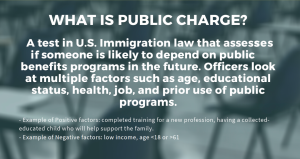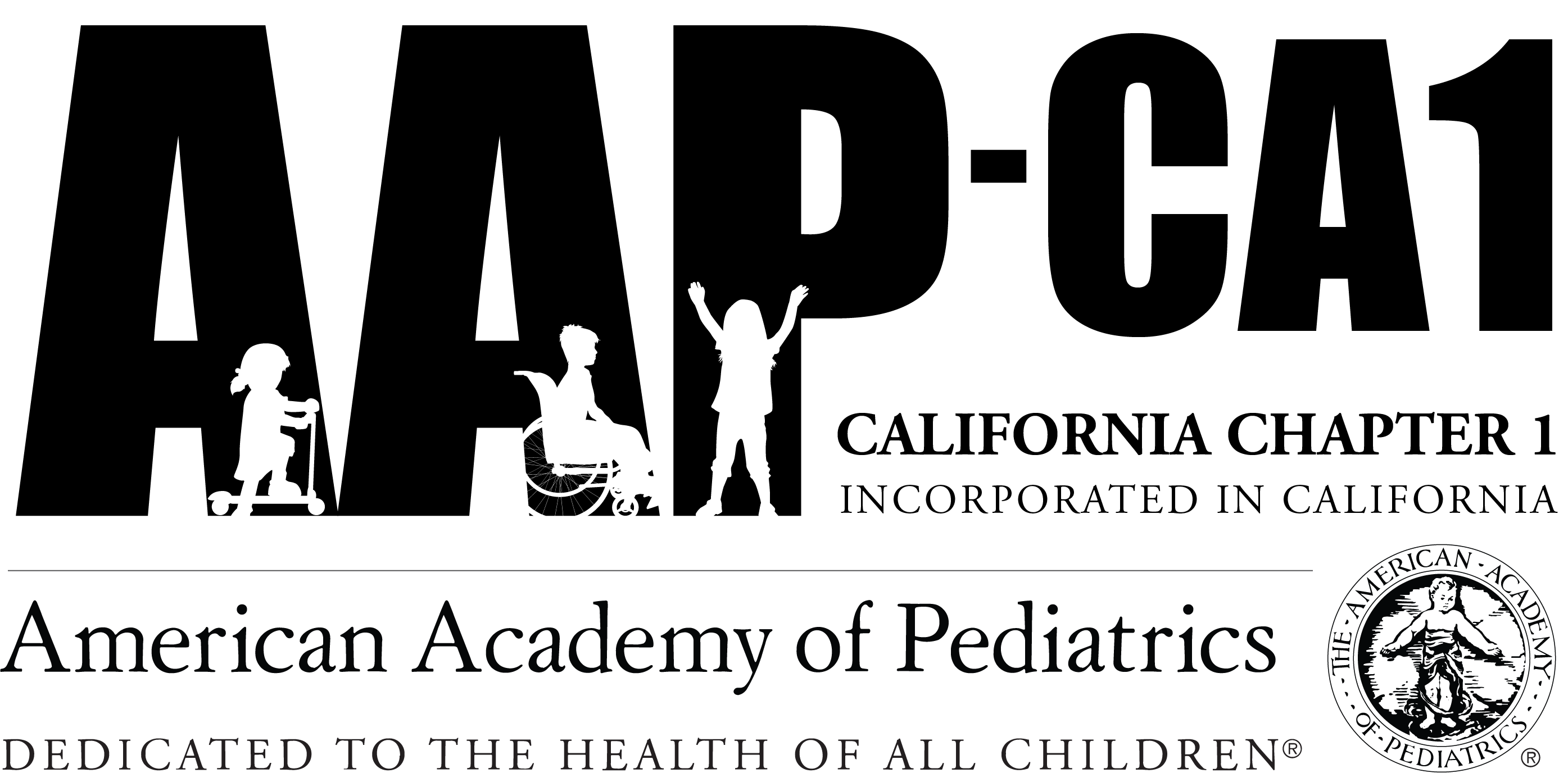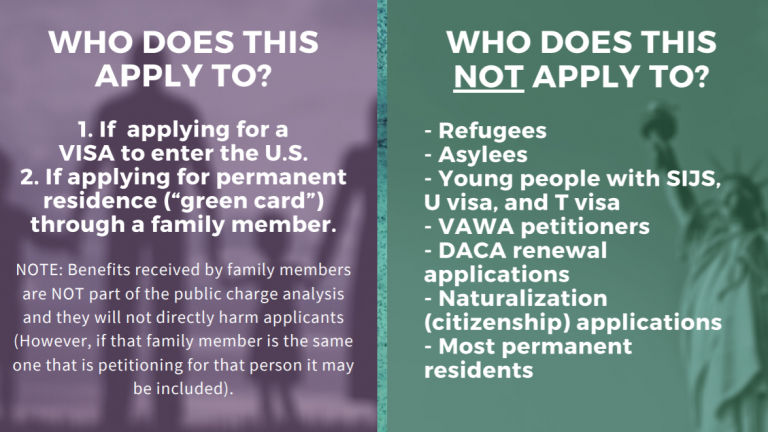PUBLIC CHARGE UPDATE
As of March 9, 2021: The DHS has announced that the public charge rule will be reverted to the pre-Trump 1999 guidelines. What this means is that the only benefits included in the public charge test are cash assistance benefits for income maintenance and long term institutionalized care paid for by the government. Food, healthcare and housing resources will no longer be included and can be used by families without fear of jeopardizing their immigration status!
Immigration and Public Charge Benefits
With recent changes in immigration laws, there is confusion surrounding the use of healthcare and public benefits. The Public Charge Rule is one law that has caused confusion. We want to provide you with information and resources to help you make important decisions for yourself and your family.
Information below is compiled from materials created by Protect Immigrant Families. You can visit their updated page here. The new PIF Family message is available here.
These resources were updated as of March 2021 in accordance with DHS and DOS public charge rules.
Know Your Rights
 As of March 2021, the new definition is “A test in US Immigration law that assess if someone who is or who is likely to become dependent on the government.”
As of March 2021, the new definition is “A test in US Immigration law that assess if someone who is or who is likely to become dependent on the government.”
In collaboration with Protecting Immigrant Families, we have compiled a list of resources to understand if the Public Charge Rule applies to you and your family.
What Public Benefits Are Considered?
As of March 2021, some of the programs included are:
- Cash Support for Income Maintenance (SSI, TANF (CalWorks, General Assistance)
- Long term institutionalized Care paid for by the government.
Most people who are subject to the public charge rule are not eligible for the included benefits.
Sources:
What Programs Are Not Included?
- Emergency Medicaid/Medi-Cal (Medicaid in California)
- Non-emergency Medicaid/Medi-Cal benefits
- Medicare
- Supplemental nutrition assistance (snap or food stamps)
- Housing assistance (Public Housing or section 8 housing vouchers and rental assistance)
- Covid-19 testing
- WIC (Special supplemental nutrition program for women, infants and children)
- Unemployment/disability
- CHIP (children’s health insurance program)
- School Lunches
- Shelters
Benefits used by children are not included in their parents’ public charge determination.
Public Charge Eligibility FAQs
Are you and your family members U.S. citizens?
Public charge does NOT apply to you.
Do you and your family members already have green cards?
Public charge and any changes under new rules WILL NOT affect you when you renew your green card or apply to become a U.S. citizen. However, if you plan to leave the country for more than 6 monhts, it is a good idea to talk with an immigration attorney.
Are you applying for or have one of the following statuses: Temporary Protected Status (TPS), U or T Visa, VAWA (Violence against women act), Deferred Action for Childhood Arrivals (DACA), Asylum or Refugee status, or Special Immigrant Juvenile Status (SIJS)?
The public charge test does NOT apply to you.
Do you plan to apply for a family-based or employer-based green card?
The rule may apply to you and you should speak with an immigration attorney (see resources below). Talk with an expert for advice on your case before making any decisions.
Each immigration situation is unique. If you have additional questions, we encourage you to speak with a legal expert.
Legal Resources
- California Rural Legal Assistance Foundation- CRLAF provides free legal services for families and individuals, regardless of their immigration status, on issues ranging from health care access to rural housing.
- East Bay Naturalization Collaborative provides free to low cost legal services to immigrant communities.
- Immigration Advocates Network provides a directory network for legal resources based on your location.
- California Primary Care Association offers legal resources for primary care providers to connect patients with.
- The California Department of Social Services offers a list of Public Charge Providers .
- National Immigration Legal Services Directory provides a list of free or low cost immigration services by region.
General Resources
The Public Charge Rule does not restrict the use of public resources or healthcare, but may include certain of these in the public charge determination. For more information on available benefits and how to safely use healthcare resources:
1.You Have Rights – Protect Your Health
An overview for mixed-status families when it comes to going to the doctor or enrolling in health insurance – PIF
Amharic | Arabic | Burmese | Chinese | Spanish | Tagalog | Vietnamese | More translations coming soon
2. Should I Keep My Kids Enrolled in Health & Nutrition Programs?
Use this guide to help answer commonly asked questions about how to make good decisions for your family and their health – PIF Amharic | Arabic | Burmese | Chinese | French | Haitian | Hindi | Korean | Spanish | Vietnamese | More translations coming soon
3. Immigrant Sponsors and Public Benefits
Frequently asked questions on access to public benefits for immigrants with sponsors – PIF
4. Public Charge Outreach Toolkit
by the Immigrant Legal Resource Center
An online public charge screening tool.
6. Public Charge Provider List provides a list of organizations that can provide information on public charge, including:
-Services, Immigrant Rights Education Network ( SIREN)
-Catholic Charities of Santa Clara County
- Legal Aid Society of San Mateo County
7. United Farmworkers of America Resources provides a diverse array of resources for our farm worker community members.
Additional Informational Resources:
-
- Protecting Immigrant Families: resources available in multiple languages
Resources for Pediatricians
Learn more about how to support families, and provide them with proper resources from the pediatric office and beyond.

